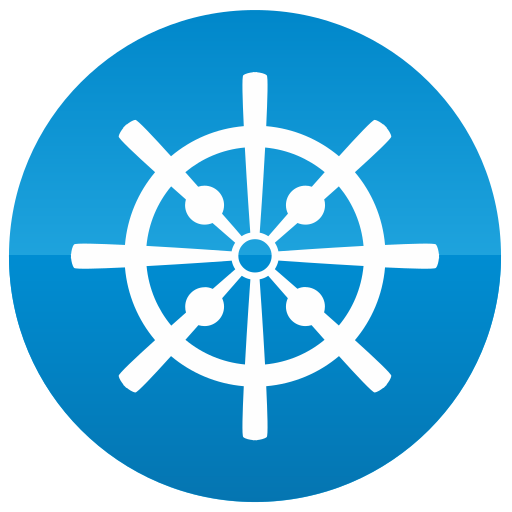Purchasing a yacht is a significant financial commitment and emotional investment that entails careful planning and consideration. This guide provides a thorough examination of the key factors involved in buying a yacht, ensuring that prospective buyers can make informed decisions that align with their desires and strategies.
Understanding Your Needs and Preferences
Before diving into the purchasing process, it’s essential to evaluate your motives for buying a yacht. Are you seeking a leisurely lifestyle, a luxury vacation home, or an investment opportunity? This clarity will guide every subsequent decision.
Types of Yachts
Yachts can be categorized into several types based on size, purpose, and design. Knowing the type that best suits your needs is crucial.
- Motor Yachts: Powered by engines, motor yachts are ideal for traveling long distances quickly. They often feature luxurious amenities.
- Sailing Yachts: These rely primarily on sails for power. They appeal to enthusiasts who enjoy the experience of sailing.
- Cruisers: Typically larger yachts designed for leisure cruising, which can include both motor and sailing variations.
- Superyachts: These are luxurious vessels measuring over 100 feet, typically equipped with a crew and high-end facilities.
Setting a Budget
Determining a realistic budget involves more than just the purchase price of the yacht. Consider the following factors:
- Purchase Price: This is the most straightforward cost, but many variables affect the final price, such as age, brand, and model of the yacht.
- Ongoing Costs: Maintenance, insurance, docking fees, and fuel costs can add up significantly. It is advisable to budget about 10% of the yacht’s purchase price annually for upkeep.
- Upgrades and Customizations: New owners often wish to personalize their yachts, which can entail substantial additional expenses.
New vs. Used Yachts
Deciding between a new or used yacht influences numerous aspects, including price, warranty, and condition.
- New Yachts: They come with the latest technology and are typically covered by warranties, but they also come at a premium price and long wait times for delivery.
- Used Yachts: Generally more affordable, they can offer significant savings. However, they may require more maintenance, and thorough inspections are necessary to avoid unforeseen issues.
Conducting Research
Knowledge is power in yacht shopping. Research the market thoroughly, including:
- Manufacturers and Models: Familiarize yourself with various builders and their reputations. Understanding the pros and cons of different models can help narrow your choices.
- Market Trends: Monitor buying trends and valuations over time. Knowing when to buy can make a significant difference in pricing.
- Reviews and Testimonials: Seek feedback from current yacht owners about their experiences with particular models and builders.
Engaging a Yacht Broker
A qualified yacht broker can streamline the search process. They provide valuable insights, negotiate on your behalf, and handle much of the paperwork necessary to finalize the purchase.
Look for brokers who have good reputations, extensive experience, and positive client reviews.
Inspecting the Yacht
Once you have shortlisted potential yachts, a thorough inspection is imperative. Key areas to examine include:
- Hull Condition: Check for any signs of damage, including scratches and blisters.
- Engines and Mechanical Systems: Have a qualified marine surveyor inspect engines and machinery for functionality and maintenance history.
- Electronics and Navigation Systems: Ensure all electronics are in working order and up-to-date.
Sea Trials
A sea trial is an essential step before finalizing the purchase. This trial allows you to experience the yacht’s performance firsthand. During the sea trial, assess its handling, speed, and comfort to ensure it meets your expectations.
Negotiation and Closing the Deal
If the yacht passes all inspections and trials, it’s time for negotiation. A knowledgeable broker can help secure a fair price. Ensure you agree on all terms and have all necessary documentation for the transaction. Finalize the paperwork through a maritime lawyer to ensure proper title transfer and compliance with local laws.
Post-Purchase Considerations
After acquiring your yacht, consider the following:
- Registration: Ensure your yacht is registered according to local regulations, as this can vary between countries.
- Insurance: Choose an insurance policy that covers your specific needs, including liability and damage.
- Maintenance Plan: Create a schedule for regular maintenance to keep the yacht in optimal condition.
Conclusion
Buying a yacht is a multidimensional process that requires in-depth research, financial planning, and a clear understanding of personal desires and expectations. By following this guide, prospective yacht owners can navigate the complex waters of yacht ownership with confidence, ensuring that their investment leads to enjoyment and fulfillment on the open seas.
